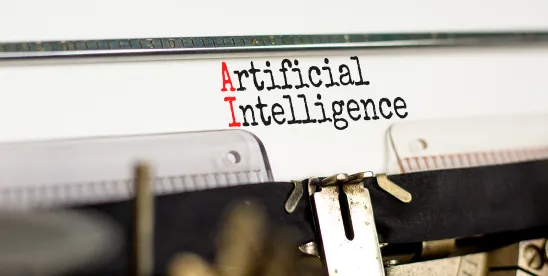Tennessee recently amended its 1984 right of publicity statute with passage of the ELVIS Act. The existing law already protected individuals’ rights in their image and likeness. As amended, the statute will specifically call out voice as another protected element. It will become the first right of publicity statute to address copying someone’s likeness or voice with AI technologies in two ways.
First, beginning July 1, 2024, the law will prohibit distributing software, tools and algorithms whose “primary purpose” is reproducing someone’s likeness or voice. The law previously prohibited infringing on someone’s likeness, but as amended will also prohibit publishing, transmitting or otherwise making available someone’s likeness or voice without the individual’s authorization.
Second, the amended version of the law also includes within its protection someone’s “voice,” which includes broadly a “sound attributable to” a person. This could be their actual voice, or a simulated version of it.
The law was previously known as the Personal Rights Protection Act, but will be known as the Ensuring Likeness, Voice and Image Security (ELVIS) Act of 2024. Not surprisingly, for the Elvis’s home state, the rights survive someone’s death, and can be enforced by their heirs.
Putting It Into Practice: This law may have been aimed at protecting celebrities from AI-generated versions of their voice and likeness. However, its protections extend to all individuals, and as such companies who are using AI will want to keep its restrictions in mind.




 />i
/>i

